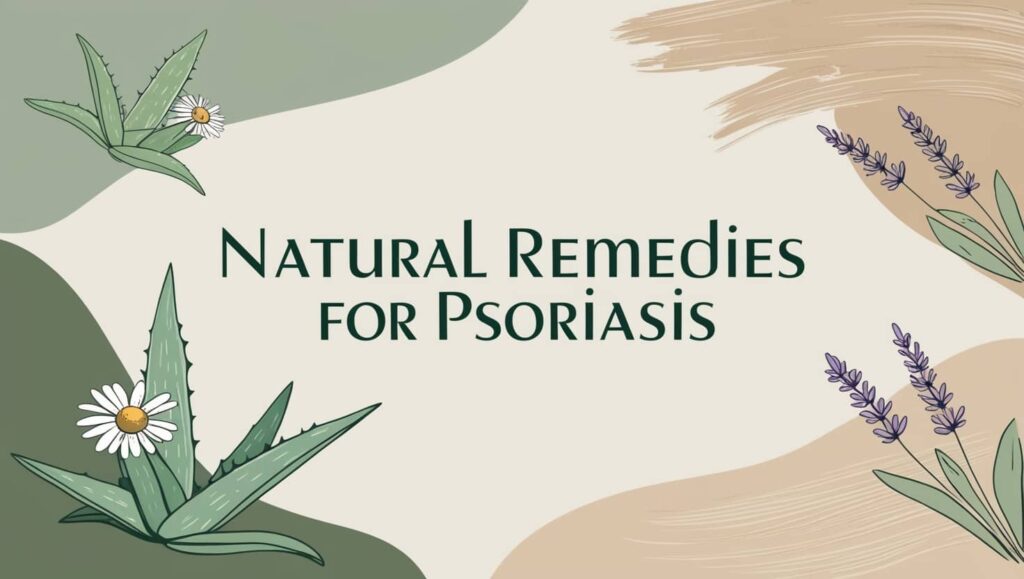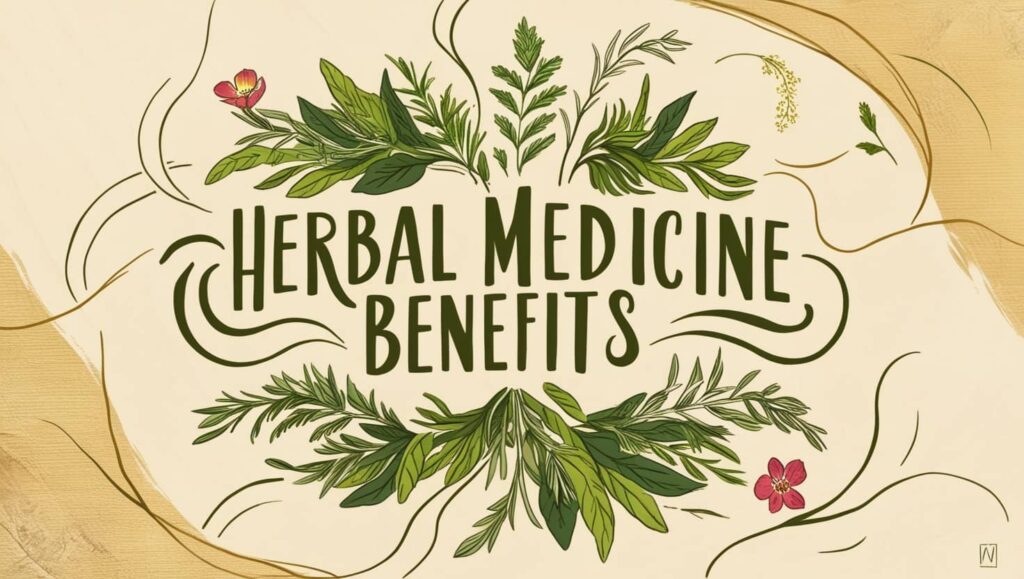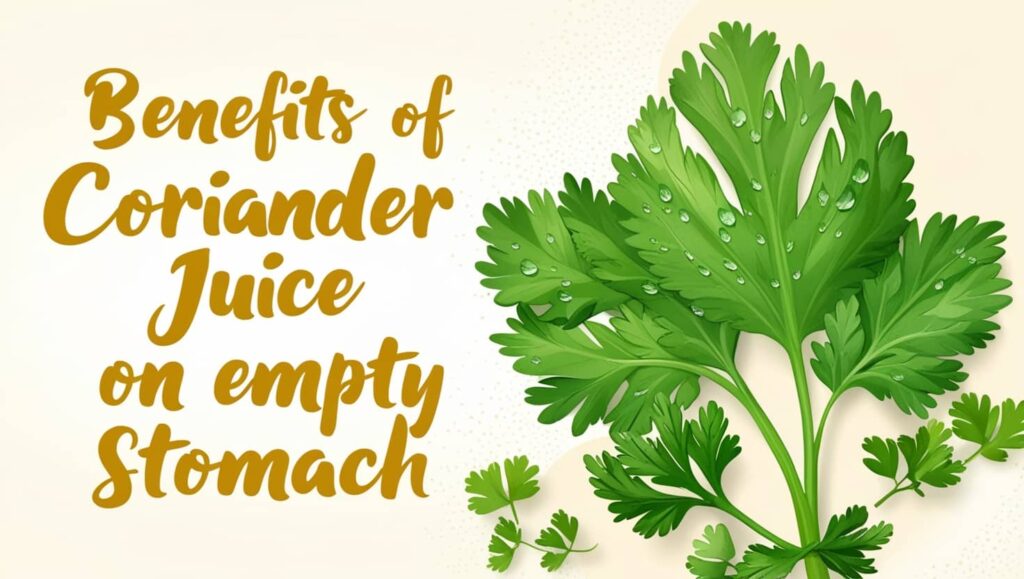Tea is the most widely drunk beverage in the world. Every day, about two billion cups of tea are drunk. Because so many people throughout the world drink tea, even minor health impacts could have a major effect on the general public’s health. There have been conflicting findings about the health benefits and hazards of tea drinking, and the impact on various outcomes is varying. In this article, we will dive deeply into this topic in detail.
Overview
For more than 500 years, tea has been produced and consumed all over the world from the leaves of the Camellia sinensis plant. Based on processing, it is divided into three primary types: oolong tea (2%), green tea (20%), and black tea (78%). While black and oolong teas are manufactured by withering leaves and turning catechins into polymeric compounds, green tea is made by steaming or pan-frying leaves to stop fermentation. Black and oolong teas get their unique colors and flavours from fermentation, while oolong tea is made by burning leaves after they have been rolled. The amount of caffeine in black tea is two to three times that of green tea.
Active Constituents
The composition of tea varies among the 3 types as follows:
- Polyphenols (PPs), especially flavonoids, make up green tea.
- A significant component, catechins, make up 6–16% of dried leaves.
- (-)-epigallocatechin-3-gallate (EGCG), (-)-epigallocatechin (EGC), (-)-epicatechin-3-gallate (ECG), and (-)-epicatechin (EC) are the four main classifications.
- Black tea’s vivid orange-red hue is a result of the polymerization of catechins, which produce theaflavin (TFs).
- Theaflavin (TF1), theaflavin-3-gallate (TF2A), theaflavin-3′-gallate (TF2B), and theaflavin-3,3′-gallate (TF3) are the main TFs found in black and oolong tea.
Effects on Hydration and Antioxidant Intake
- Caffeine must be ingested in quantities greater than 500 mg, or 6–13 cups (1,440–3,120 ml), of tea to have a noticeable diuretic effect.
- According to research, tea and other caffeinated beverages are just as hydrating as water when taken in moderation.
- The flavonoids in black and green tea are powerful chemical scavengers of radicals. Therefore, following absorption, the tea flavonoids may function as antioxidants in the digestive system or other tissues.
- Many human intervention trials using black and green tea show that moderate tea drinking significantly increases human plasma antioxidant capacity around 1 hour later.
- There are preliminary indicators that the increased antioxidant capability of the blood results in less oxidative damage to macromolecules like lipids and DNA.
Impact on Metabolism and Heart Health
- Teas contain caffeine, which improves energy consumption and calorie burning and may help with weight loss, and catechins, a flavonoid that stimulates metabolism and fat breakdown.
- Concerning heart health, tea may prevent cardiovascular disease by positively affecting blood lipids, glucose, and body weight and lowering blood pressure, according to meta-analyses and epidemiological research.
Potential Drawbacks of Excessive Consumption
Regardless of all of these beneficial effects, excessive daily intake of tea may lead to numerous adverse effects, including:
- Decreased absorption of iron
- Anxiety, nervousness, restlessness, and inadequate sleep
- Heartburn and nausea
- Complications during pregnancy
- Dizziness or headaches
- Dependency on caffeine
In conclusion, the growing experimental data on tea’s characteristics and ingredients has improved our understanding of chronic diseases. Research shows the body absorbs, digests, and metabolizes phytochemicals, affecting cellular levels. Tea’s functional nature supports centuries-old consumer beliefs.
References
- Hayat, K., Iqbal, H., Malik, U., Bilal, U., & Mushtaq, S. (2015). Tea and its consumption: benefits and risks. Critical reviews in food science and nutrition, 55(7), 939–954. https://doi.org/10.1080/10408398.2012.678949.
- Khan, N., & Mukhtar, H. (2013). Tea and health: studies in humans. Current pharmaceutical design, 19(34), 6141–6147. https://doi.org/10.2174/1381612811319340008.
- Deka, A., & Vita, J. A. (2011). Tea and cardiovascular disease. Pharmacological research, 64(2), 136–145. https://doi.org/10.1016/j.phrs.2011.03.009.
- Rietveld, A., & Wiseman, S. (2003). Antioxidant effects of tea: evidence from human clinical trials. The Journal of nutrition, 133(10), 3285S–3292S. https://doi.org/10.1093/jn/133.10.3285S.








